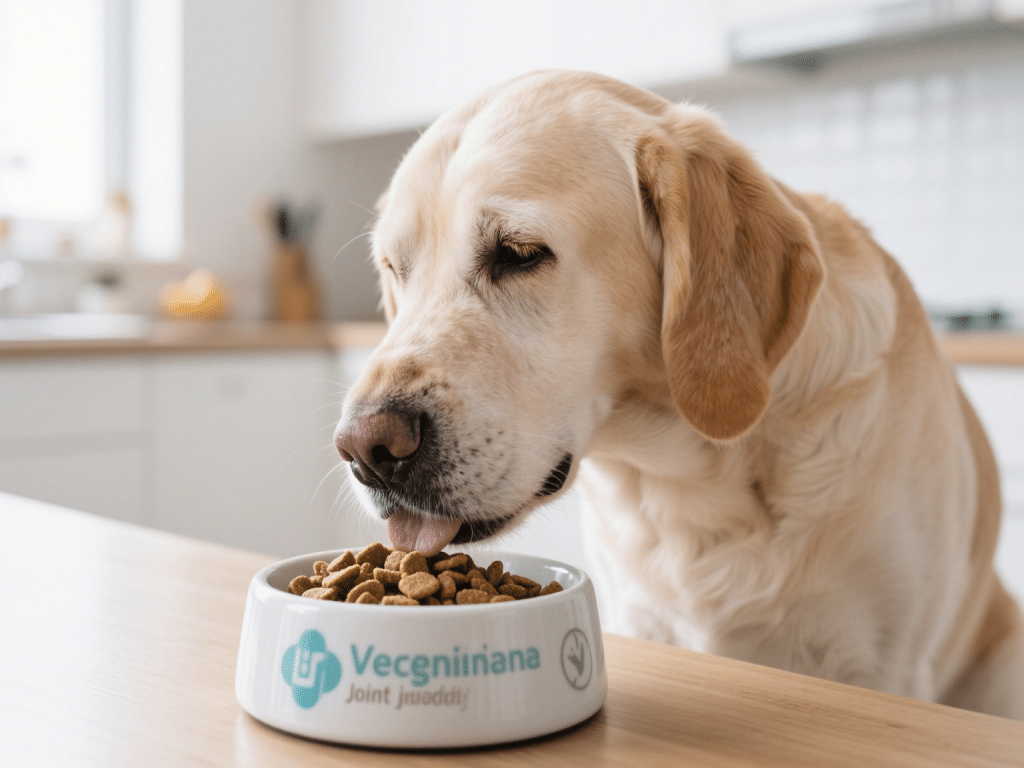
As dogs enter their golden years, their nutritional requirements shift—metabolic rate slows, joint support becomes crucial, and digestive efficiency wanes. Over- or under-feeding can exacerbate obesity or muscle wasting. With 12 years as a veterinary nutritionist, I’ll help you identify precise dietary adjustments—ingredient selection, feeding schedules, and supplement inclusion—to promote health, mobility, and longevity in senior dogs.
1. Caloric Needs & Body Condition Scoring
2. Protein Quality & Quantity
High-Quality Animal Proteins: Digestible sources like turkey, lamb, and eggs support muscle preservation.
Moderate Protein Levels: 18–25% on a dry matter basis balances renal concerns with maintenance needs.
3. Joint & Bone Support
Glucosamine & Chondroitin: Indicated doses of 500–1,000 mg per 10 kg body weight.
Omega-3 Fatty Acids: EPA and DHA at 75–100 mg/kg to reduce inflammation and support cartilage.
4. Fiber & Digestibility
5. Antioxidants & Immune Support
6. Feeding Management
Smaller, Frequent Meals: Four quarters of daily ration reduce gastric distress.
Hydration Monitoring: Wet food inclusion or water fountains ensure adequate intake.
7. Transitioning & Palatability
Conclusion
Optimizing senior dog nutrition requires a holistic approach—balancing calories, macronutrients, joint support, and digestive aids. Through careful diet design and ongoing body condition monitoring, you’ll help your aging companion maintain vitality, comfort, and quality of life.